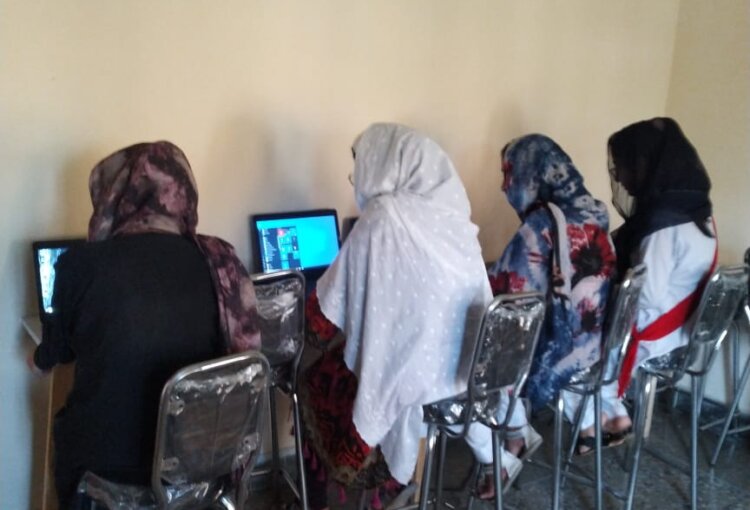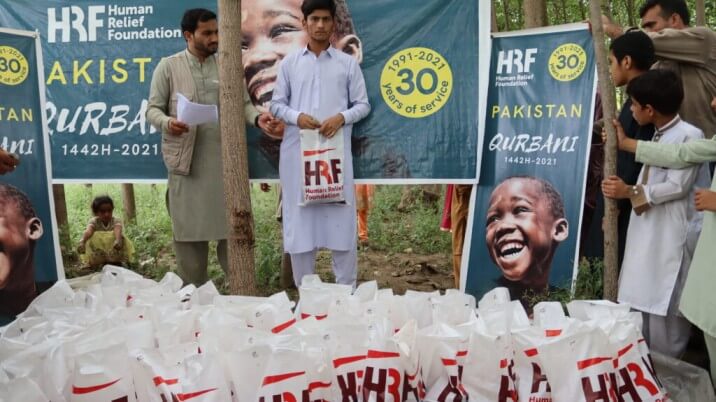
Food and Nutrition Distribution
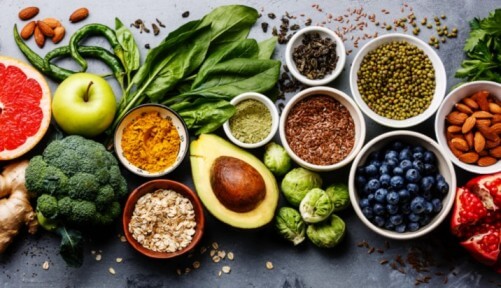
Food is a primary human necessity or right, yet millions of people go to bed hungry every night due to their financial situation. They have little choice than to eat dangerous Food, eat insufficiently, or not eat at all.
Problems around the world due to lack of Food:

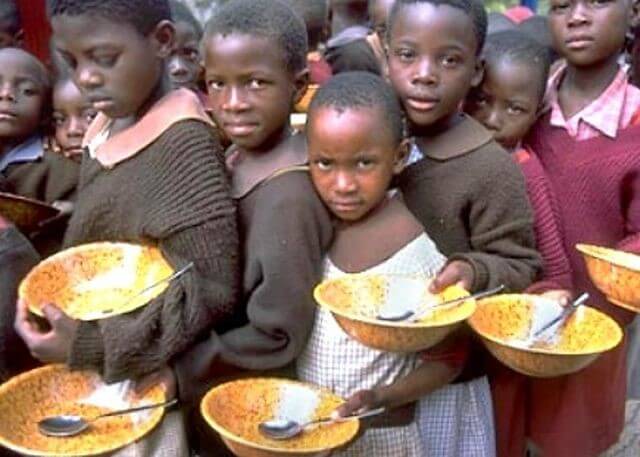
Poor nourishment can hurt our everyday well-being and health and our ability to appreciate and partake in exercises. Helpless sustenance can add to pressure, weariness, and our capacity to work for the time being. It can likewise add to the probability of securing certain sicknesses or other medical problems over the long haul. As per the World Food Program (WFP), an expected 600 million individuals overall become unwell in the wake of eating debased food every year, with 420 000 fatalities. Kids younger than five record 40% of the foodborne sickness trouble, with 125,000 passings every year.
Problems in Pakistan due to insufficient Food and Nutrition:
Our society is beset by numerous issues, the most serious of which being food scarcity and hunger. In recent years, Pakistan's poverty rate has risen. However, the country's present economic crisis, combined with the struggle against the COVID-19 pandemic, has resulted in the unemployment of many Pakistanis. The poverty rate has risen even higher as a result of this. According to the 2018 national nutrition survey, 36.9% of Pakistan's population is food insecure.

The survey likewise uncovered that the nation has the second-most elevated lack of healthy sustenance rate nearby, with 18% of kids younger than 5 experiencing intense hunger, 40% of youngsters in a similar age bunch being hindered, and 29% being underweight. Just one of every seven babies aged 6–23 months gets a feast with little dietary variety, including somewhere around four distinct food classifications. About 82% of youngsters are denied the necessary number of dinners each day.
What is the cause of lack of Food and Nutrition:
Nearly 821 million people in the globe – once in every nine – do not have enough food to eat.
Why?
The answer is complicated and depends on several things. These are just a few of the primary reasons why people all across the world go hungry.
Droughts are common in many developing countries, limiting the amount of food available. Global warming and climate change are compounding the problem.
Increased population development in the developing world implies more mouths to feed but smaller farm sizes to provide them. More significant population pressure also leads to increased deforestation and deterioration of natural resources.
There is not enough money. Due to causes such as having children at a young age,
HIV/AIDS, natural disasters, and a lack of income possibilities, many individuals living in poverty do not have enough money to buy food.
Productivity is low. Farmers struggle to cultivate more food and market their products due to a lack of skills and education, even when they can produce more food with better methods. Governments frequently invest very little money in increasing agricultural output in their countries.
How can we overcome Food and Nutrition Problem:
Food scarcity and malnutrition are a severe global concern, as evidenced by the earlier issues, given their destructive impact on the population and government. Food supply chains currently span many national boundaries. Governments, producers, and consumers working together to maintain food safety help assure food safety, but the hungry still go to bed hungry.
How to overcome the lack of food for the poor:
In terms of the environment, concerted and individual efforts are required to minimize carbon emissions, pollution, and the resulting climatic change. There are numerous solutions to these issues. From small community-based organizations to huge multinational aid agencies, government and non-government institutions must work together. In this regard, HRF Pakistan provides much-needed help to Pakistan's poorest and most vulnerable citizens.
How HRF help to solve the lack of Food and Nutrition problem
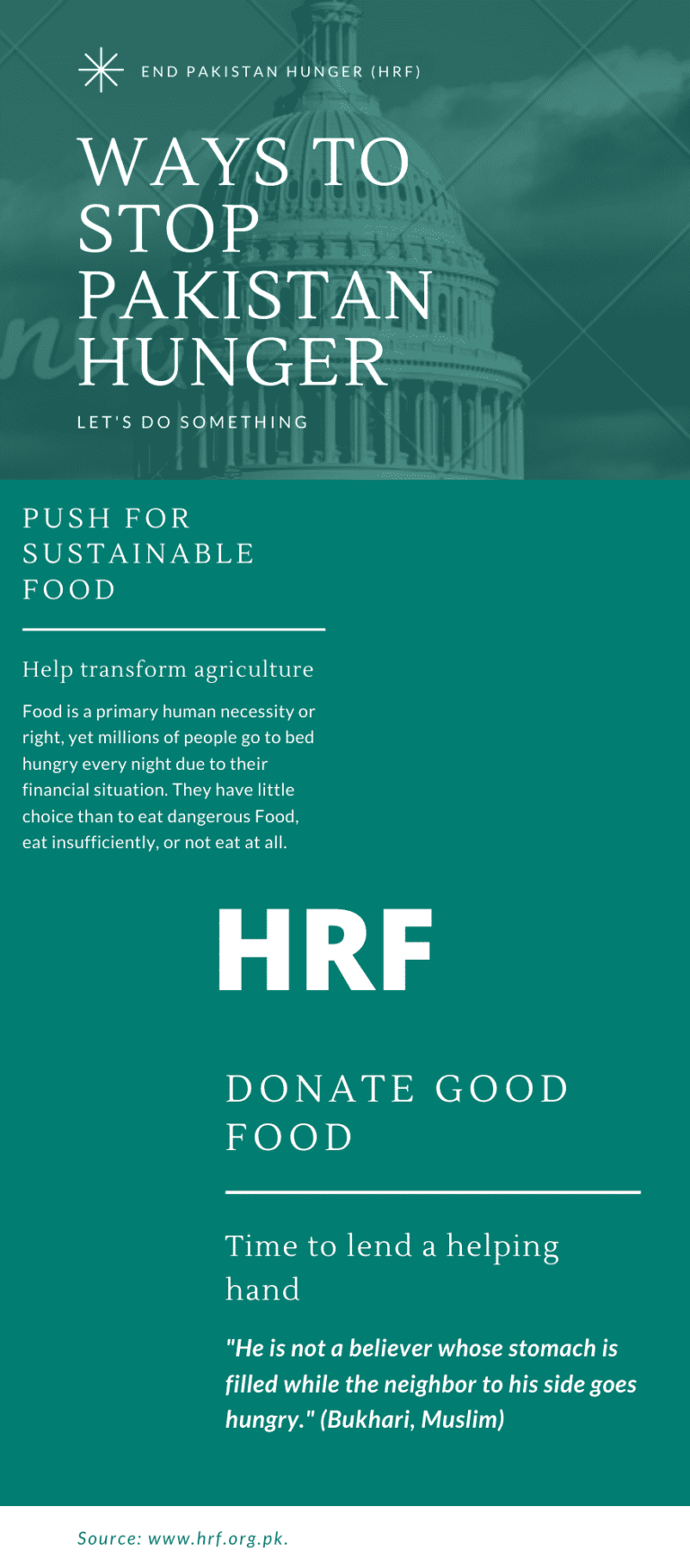
HRF provides life-saving food assistance through the program, such as distributing food packets to deprived families in emergencies and Ramadan, Distributing fresh meat in Eid ul Azha and Aqeeqa (sacrifices of goat or sheep for children). Distribution of cooked meals in different hospitals, universities, orphanages, and even bus stations.
In 2020 when the first covid-19 case was reported in Manga union council, Mardan district. The district administration Mardan has locked down Manga village. It was complete chaos in the town. Without Food, some could survive a day or two, but most people in this village already lived under the poverty line, and this lockdown put the local people under immense pressure. The coping capacity of the locals was not that strong as the majority of the people are either dependent on agriculture or daily wage laboring.
The majority of the locals were either reliant on borrowing money from relatives or friends. Few families were compelled to sell their assets, animals and forced to spend their savings. They were coping with this situation to sell their assets or exhaust their savings.HRF approached the district government and provide food parcels to 140 impoverished families
Achievements of HRF (beneficiaries)
In Ramadan and Qurbani, HRF provides Food and meat for supporting the kitchen of the most vulnerable and poorest families and groups. HRF is grateful for the generous support of the national and international philanthropists (Pakistani diaspora, people in business, and other individual donors) and organizations to provide cook food, food parcels, and fresh meat to the most vulnerable and poor Sindh, Punjab, and KP. During the one and half years, HRF provided Food to around 3000 families (21,000 individuals) in different parts of the country
How can you be a part of near the God
HRF is trying to reach and feed the poor and malnourished communities of Pakistan. Therefore we invite you all to contribute to this noble cause and support the neediest and vulnerable families for at least one month. Besides, a more sustainable solution for supporting the small farmers will result in more productivity and increase food security.
"He is not a believer whose stomach is filled while the neighbor to his side goes hungry." (Bukhari, Muslim)
Support to small farmers in the seeds and fertilizers and irrigation
"He is not a believer whose stomach is filled while the neighbor to his side goes hungry." (Bukhari, Muslim)
Food Packets
Food for a family for a day: PKR 300/- Food for a family for one month: PKR 9000/-
Cooked meal
Cooked food for one person/day: PKR 300/- Cooked food for 50 persons/day: PKR. 10,000/-
Qurbani
Share in a cow: 15,000/- Goat or Sheep: 25,000/-
Aqiqa (sacrifice) for a boy baby
PKR 50,000/-
Aqiqa (Girl)
PKR 25,000/-
Donate as much as you can

- Office No 3, 2nd Floor, Plot 13-C, G-10 Markaz, Islamabad
- +92-51-2740313
- info@hrf.org.pk

